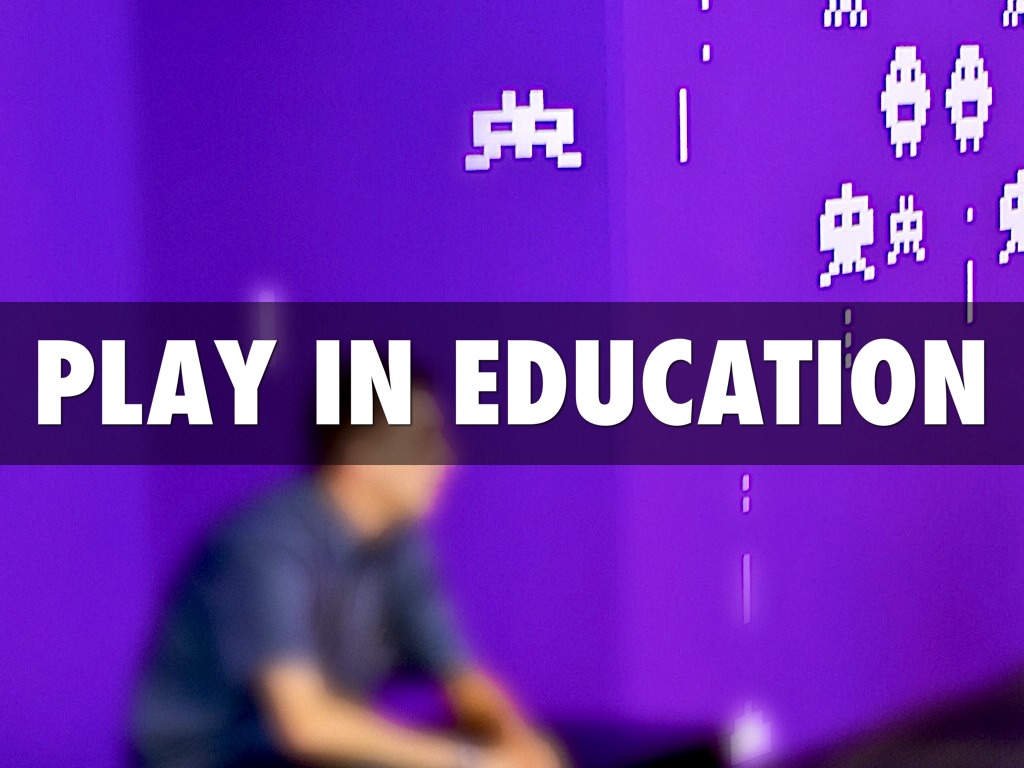Edutainment (also educational entertainment or entertainment-education) is a form of entertainment intended to educate as well as to amuse.
Edutainment typically seeks to teach or socialize its audience by embedding lessons in some familiar form of entertainment like television programs, computer and video games, films, music, web sites, multimedia software, etc. Examples of this would be or guided amphibious duck tours that entertain and educate. There are also lessons that use edutainment as a basis for teaching in a more effective and faster way.
Most often, edutainment seeks either to tutor in one or more particular subjects, or to change behavior by stimulating specific sociocultural attitudes. This is also used for behavior students in certain schools in the UK. Successful edutainment is discernible by the fact that learning becomes fun and teachers or speakers educate an audience in a manner which is both engaging and entertaining.
Several groups in the United States and the United Kingdom have implemented edutainment to address health and social issues such as substance abuse, immunization, teenage pregnancy, HIV / AIDS, and cancer.
Criticism of Edutainment
Edutainment is also a growing standard within the science museum community in the United States. This method emphasizes fun and enjoyment, often at the expense of educational content. The idea is that Americans are so used to flashy, polished entertainment venues like movie theaters and theme parks that they want similar experiences at science centers and museums. Thus, a museum is seen as just another business competing for entertainment revenue from the public, rather than as an institution that serves the public welfare through education or historical preservation.
Entertainment-Education for Social Development
The field of Entertainment-Education (EE), combines communication and education theory with communicative arts to convey primarily social development messages. Although Entertainment-Education has existed for millennia in the form of parables and fables, perhaps the most influential modern-day practitioner and theorist in the field is Miguel Sabido. In the 1970’s, Sabido began making telenovelas (soap operas or serial dramas) that combined communication theory with pro-health/education messages to educate audiences throughout Latin America about family planning, literacy, and other topics. His model, which integrated the work of Bandura and others theorists, as well as research to check whether programs impacted audience behavior, revolutionized the field. Today, the principles are being utilized extensively in the health communication field to educate people around the world about significant health issues. Initiatives in major universities, such as Johns Hopkins and in NGOs and government agencies such as the Center for Disease Control (CDC), are impacting the United States and the world.
Successful radio programs that have incorporated Entertainment-Education principles include:
“The Lawsons/Blue Hills” – a radio program that was made to help Australian farmers adjust to new farming methods.
“Tinka Tinka Sukh” – a Hindi-language radio program that results in environmental and health developments in India.
“Soul City” – An extremely successful, South African radio serial drama that deliver AIDs prevention information.
There are many television programs that use Entertainment-Education as well. The Sentinel Award, which is administered by the University of Southern California’s Annenberg Center for Communication, the CDC and the National Cancer Institute (NCI), is given each year to programs that address health and medical issues in their storylines.
2006’s nominees/winners include:
Numb3rs – for a storyline about the shortage of organ donations.
Greys Anatomy – for storylines about organ transplantation and cancer.
As the World Turns – for a breast cancer storyline that involved a major character.
The George Lopez Show – for a storyline about a kidney transplant.
Don Pedro’s Diabetes – a drama series about a major character’s struggle with diet, exercise, and medication to control diabetes.
Etymology
The noun edutainment is a neo logistic portmanteau coined by Bob Heyman while creating documentaries for the National Geographic Society.
Edutainment is also used to pertain to the use of small chunks of eLearning used to deliver key messages in an entertaining manner. This can be used to treat such challenging issues as ethics, diversity and compliance.
According to other sources, Peter Catalanotto first coined this phrase in the late 1990’s as he journeyed around the country edutaining schoolchildren about writing and illustrating.
Prior to this period, “Edutainment” was the title of hip-hop group Boogie Down Productions’ fourth album which was released in 1990.
Fundamental Communication & Education Theories & Pedagogy Used in the Field
Entertainment-Education uses a combination of core communication theories and fundamental entertainment pedagogy to guide the preparation of the programming. Additionally the CDC has a tip sheet available on its web site that provides additional guidance for writers and producers:
The major communication theories that influence Entertainment-Education include:
Persuasion Theory: (Aristotle, Petty, Cacioppo) Psychological characteristics affect the response of a person to messages. Also indicates the message and source factors that influence a person’s response such as the credibility, attractiveness, and expertise of the source.
Theory of Reasoned Action: (Ajzen, Fishbein) Social influences affect behavior, including beliefs and perceived social norms.
Social Learning Theory: (Bandura) People learn by observing others and the consequences of their behavior. If the person so chooses, they then imitate the behavior by rehearsing the action, taking action, comparing their experiences to the experiences of others, and then adopting the new behavior.
Diffusion Theory: (Rogers) Behavior spreads through a community or group over a period of time. Television may plant the idea, but social networks reinforce it and cause it to grow.
Major education pedagogy involved with Entertainment-Education include:
Relevance: Learning is more likely when people can see the usefulness of the knowledge they are given.
Incremental Learning: Learning is most effective when people can learn at their own pace.
Distributed Learning: (Fossard) Different people learn in different ways over different periods of time. It is vital to present information differently so that people can absorb it.
